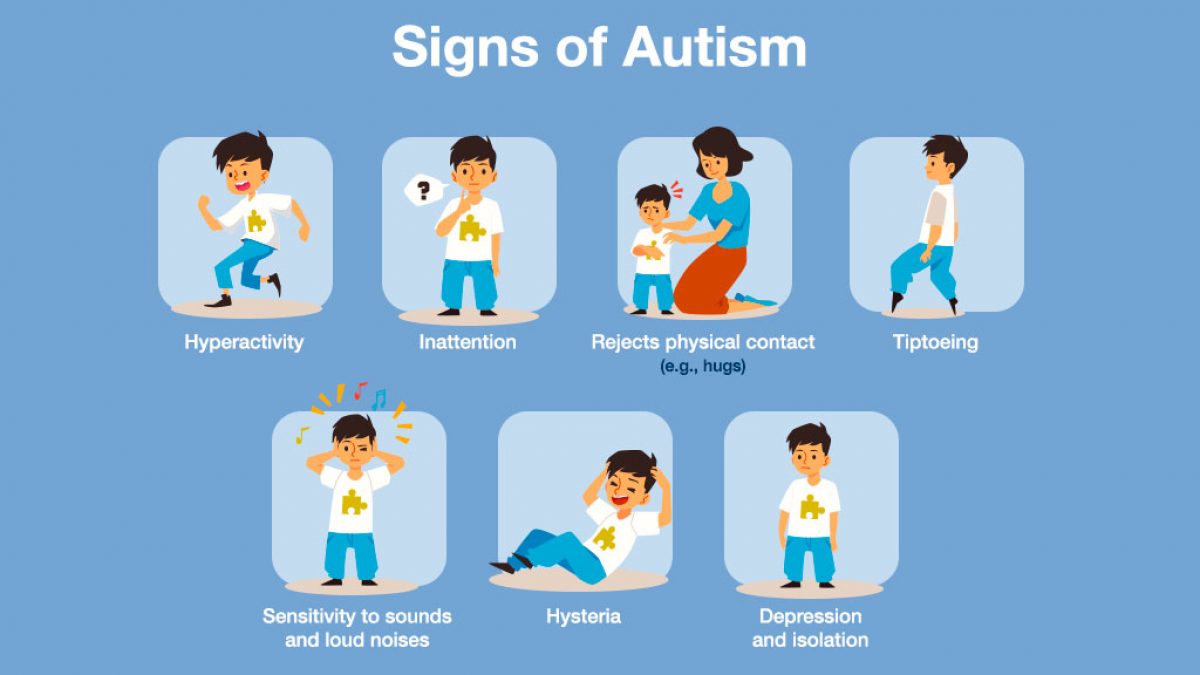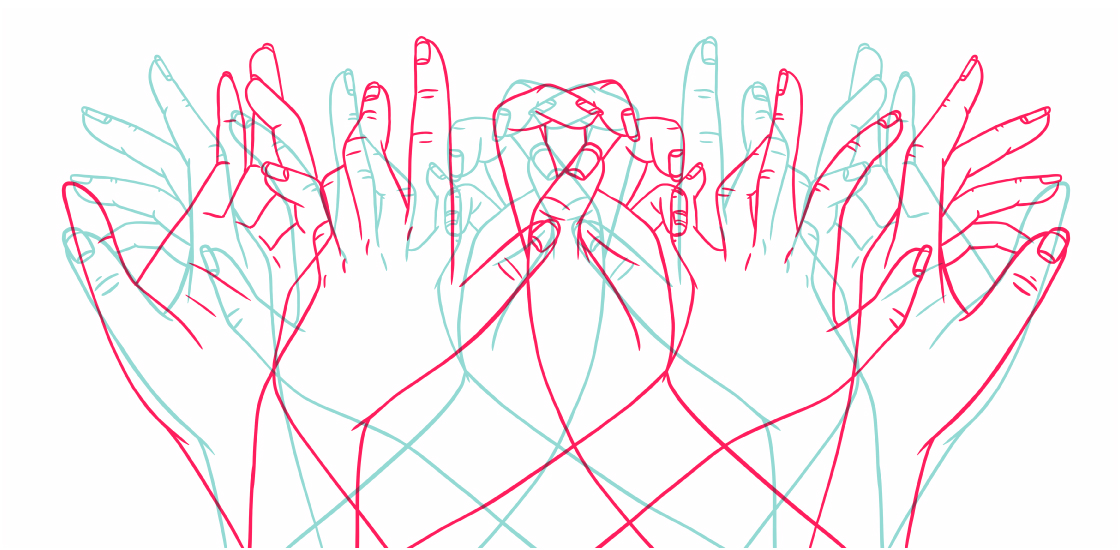Comprehending the Impact of Behavioral Autism on Daily Life and Social Communications
You may not recognize how deeply behavioral autism influences everyday life and social interactions. Individuals on the range often browse a world filled with communication obstacles and sensory overload. These difficulties can lead to frustration and isolation, influencing their relationships and overall health.
Defining Behavior Autism and Its Attributes
Behavioral autism, typically referred to as autism spectrum problem (ASD), encompasses a variety of problems characterized by challenges in social communication, interaction, and repetitive actions. You may see that people with ASD usually have a hard time to analyze social signs, which can bring about misconceptions in conversations. They may discover it tough to establish eye call or take part in little talk, making social scenarios feel overwhelming.
Interaction problems can manifest in numerous ways, from delayed speech advancement to a preference for utilizing fewer words. Recurring habits, such as hand-flapping or shaking, can serve as coping devices to manage tension or sensory overload. These qualities can greatly affect day-to-day live, making it important for you to recognize and support those with ASD. By acknowledging these attributes, you can foster an atmosphere that advertises approval and urges effective communication, assisting people with autism prosper in their day-to-day communications.
The Range of Autism: Comprehending Irregularity in Behavior
Autism range disorder (ASD) isn't a one-size-fits-all medical diagnosis; it varies widely amongst people. You could discover that some individuals with ASD exhibit moderate symptoms, while others might encounter more significant obstacles. This irregularity can manifest in actions, interests, and sensory sensitivities. You might experience individuals that are extremely spoken and engage easily in conversations, while others may favor singular activities or communicate non-verbally.
Moreover, the method individuals with ASD react to sensory input can vary greatly; some may be overwhelmed by loud noises or brilliant lights, whereas others thrive in boosting environments. The range additionally consists of distinctions in social communications; some people might have a hard time to interpret social cues, while others browse social setups with relative ease. Recognizing this irregularity is essential, as it aids you value everyone's unique experience and dressmaker support to their particular needs, promoting a more comprehensive environment for every person.
Interaction Challenges Dealt With by Individuals With Autism
When you engage with individuals on the autism spectrum, you may see their one-of-a-kind communication obstacles. They typically face problems with both nonverbal and verbal hints, which can affect their social communications. Understanding these barriers is important for fostering far better connections and assistance.

Verbal Communication Difficulties
Several people on the autism range experience spoken communication troubles that can substantially affect their day-to-day interactions. You may discover it challenging to express your thoughts, sensations, or requires clearly. This can lead to irritation for both you and those around you, as misconceptions occur. You may have problem with launching discussions, preserving a topic, or comprehending nuances in speech. Frequently, you might prefer making use of simple language or repeated expressions, which can limit your capability to involve in much deeper conversations. Your rate, tone, or volume may not align with social assumptions, triggering others to misinterpret your intents. Acknowledging these difficulties can assist you and your assistance network develop methods to improve interaction and foster better links with others in your daily life.
Nonverbal Interaction Barriers
Verbal communication isn't the only obstacle individuals on the autism spectrum face; nonverbal interaction barriers can be simply as substantial. You could discover it tough to interpret body language, facial expressions, and eye get in touch with, which are necessary for efficient communication. These obstacles can cause misunderstandings or misinterpretations of social signs, making communications feel frustrating or complicated. You might battle to reveal your very own emotions through nonverbal methods, leaving others not sure of your sensations or purposes. This separate can create sensations of isolation and irritation. Recognizing these barriers is critical for promoting understanding and empathy in your communications. By addressing nonverbal interaction, you can locate methods to improve your social experiences and improve your total lifestyle.
Social Interaction Effects
Social communications can commonly really feel frustrating because of the one-of-a-kind communication obstacles dealt with by people with autism. You may have problem with analyzing social signs, making it tough to understand sarcasm or body language. This can result in misunderstandings or uncomfortable minutes in conversations. In addition, launching and preserving conversations may feel challenging, creating anxiety in social scenarios. You might favor structured environments, making spontaneous interactions uncomfortable. It's also common to experience difficulty in engaging in small talk, which can prevent developing new relationships. Acknowledging these challenges can aid you discover techniques to improve communication, such as exercising social abilities in safe settings or utilizing visual aids - Autism Therapist. Comprehending your requirements enables you to navigate social communications with better confidence and ease.
Social Communication and Relationship Structure in Autism
While building relationships can be challenging for people with autism, recognizing their unique perspectives and communication designs can foster purposeful links. You could discover that many individuals on the range favor direct interaction and may fight with social hints or small talk. By being uncomplicated in your interactions, you can help develop an atmosphere where they really feel comfy.
Make the effort to listen and observe exactly how they share themselves. This understanding can assist you in steering conversations much more successfully. Engaging in shared rate of interests can likewise work as a bridge to much deeper connections. Whether it's a leisure activity, a preferred program, or a mutual passion, these typical threads can open doors to relationship.
Day-to-day Live Regimen: Browsing Obstacles and Techniques
Maneuvering daily life routines can be especially challenging for individuals with autism, particularly when unanticipated adjustments occur. You may discover convenience in having an organized schedule, as it assists you expect what's next. It's regular to really feel overloaded or anxious when interruptions happen. To navigate these obstacles, consider implementing visual routines or lists. These devices can supply quality and peace of mind.
Establishing a regimen that includes sensory breaks can likewise be valuable. You can prepare time-outs throughout your day to charge. It's vital to communicate with those around you, letting them recognize your demands and preferences. This aids develop an understanding environment.
Finally, practice mindfulness techniques to handle anxiety and anxiety. Straightforward breathing workouts or grounding strategies can make a substantial difference. By incorporating these methods, you can enhance your everyday regimen and decrease disruptions, making life feel extra workable.
Strengths and Abilities of People on the Autism Spectrum
Understanding daily life routines is simply one aspect of the autism experience. Lots of individuals on the autism spectrum possess impressive staminas and capacities that set them apart.
In addition, your memory skills typically shine, particularly in locations of passion. Aba Therapist. This propensity for maintaining information can make you a beneficial resource in areas like art, technology, or science. You might likewise show solid visual reasoning, enabling you to picture complex ideas and address issues creatively
Additionally, your one-of-a-kind point of view on the world can cultivate compassion and understanding in others, enriching social interactions. Embracing these toughness not only enhances your self-confidence yet also aids others appreciate the diverse talents you offer the table.
Developing Inclusive Settings for People With Autism
Creating inclusive environments for people with autism starts go with creating sensory-friendly areas that accommodate their unique demands. You can additionally promote possibilities for social interaction, helping to construct friendships and links. By making these changes, you'll add to a much more welcoming atmosphere for everyone.
Creating Sensory-Friendly Spaces
While making sensory-friendly spaces, it's vital to mirror on the special demands of individuals with autism. Integrate silent areas where people can pull away and recharge when bewildered. Consist of visual routines or clear signs to aid individuals navigate the area confidently.
Advertising Social Interaction Opportunities
Creating sensory-friendly spaces not only addresses individual convenience yet likewise establishes the phase for purposeful social communications amongst individuals with autism. Encourage peer mentoring, combining people with autism with encouraging peers who can direct them with social situations. By implementing these methods, you can enhance social opportunities, helping individuals with autism develop friendships and enhance their social abilities in a risk-free, welcoming atmosphere.
Often Asked Questions
Exactly How Can Pals Support Someone With Behavioral Autism?
You can sustain a buddy with behavior autism by holding your horses, listening proactively, and valuing their limits. Take part in activities they delight in, interact honestly, and develop a comfy setting where they really feel valued and comprehended.
What Resources Are Readily Available for Parents of Kid With Autism?
You can check out numerous sources for parents of youngsters with autism, consisting of support groups, instructional web sites, and regional neighborhood solutions. Getting in touch with various other parents can likewise offer important insights and shared experiences to help navigate difficulties.
Can Behavioral Autism Change With Time?

Yes, behavior autism can change gradually. You might notice changes in communication, social abilities, and behavior as your child expands. Early intervention and support typically play essential functions in these developmental adjustments.
Just How Do Sensory Sensitivities Impact Life?
Sensory sensitivities can make everyday experiences overwhelming. You could battle with loud noises or intense lights, bring about anxiety or evasion. Finding settings that accommodate your requirements can significantly boost your convenience and overall day-to-day live.
What Are Typical Misconceptions About Behavioral Autism?
You could think behavior autism just affects interaction skills, however it's even more facility. Several assume individuals lack compassion or intelligence, which isn't true. Comprehending these false impressions helps foster acceptance and support for those on the spectrum.
Behavioral autism, usually referred to as autism spectrum disorder (ASD), includes a variety of problems defined by challenges in social communication, communication, and repeated habits.Social communications can commonly really feel overwhelming due to the distinct communication difficulties faced by people with autism.Designing sensory-friendly spaces not just addresses specific convenience but additionally establishes the phase for meaningful social communications amongst individuals with autism. Motivate peer mentoring, coupling individuals with autism with helpful peers that can direct them with social scenarios. By carrying these details out these strategies, you can improve social chances, redirected here helping individuals with autism build relationships and strengthen their social skills in a secure, welcoming atmosphere.